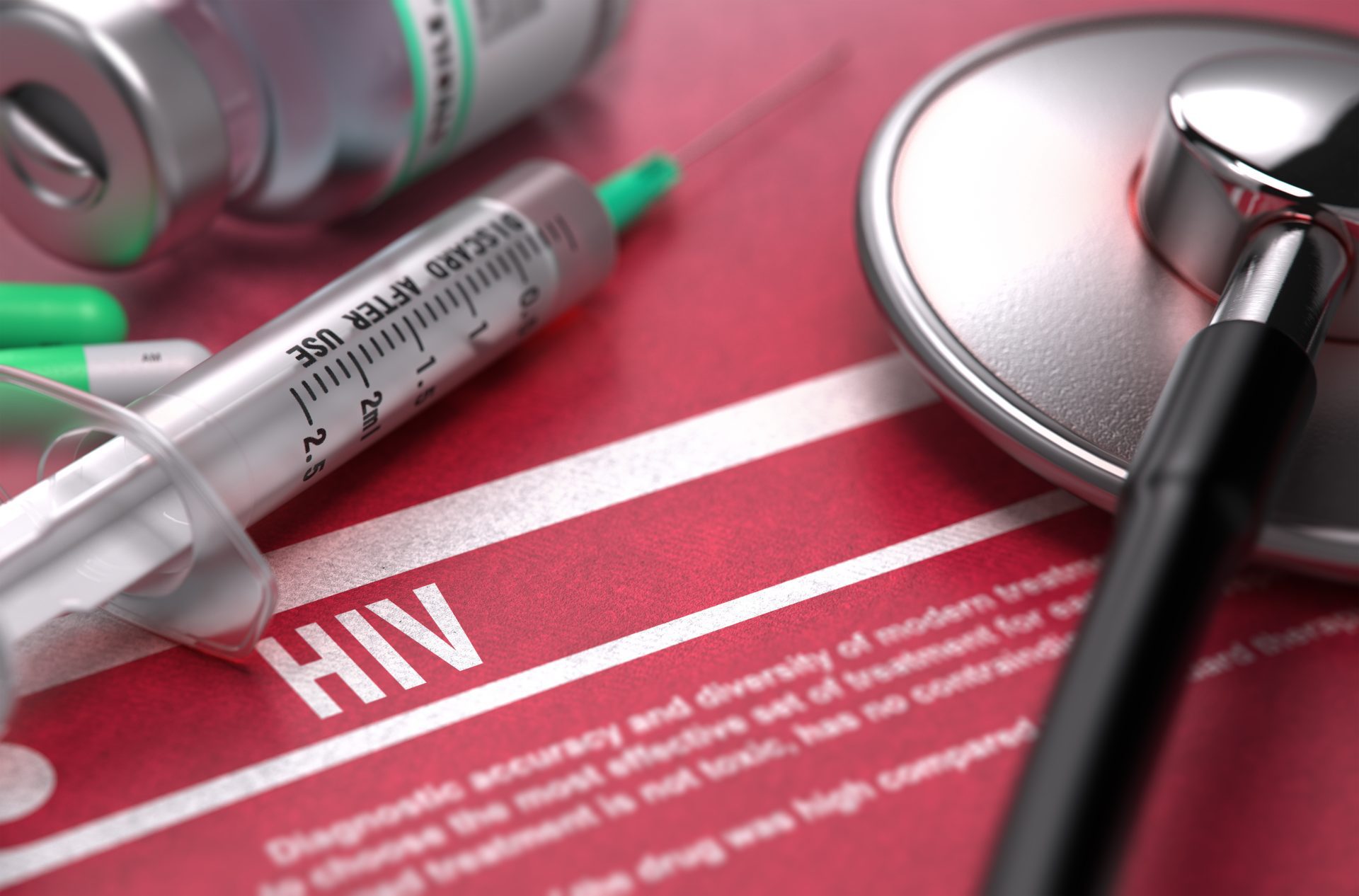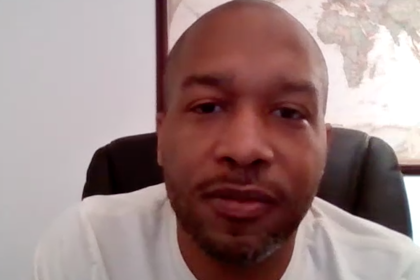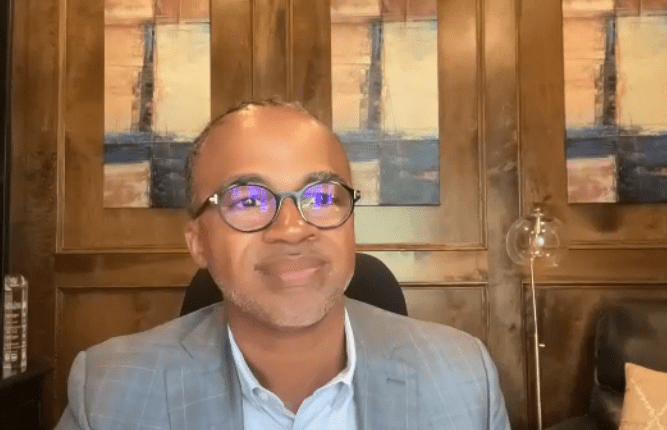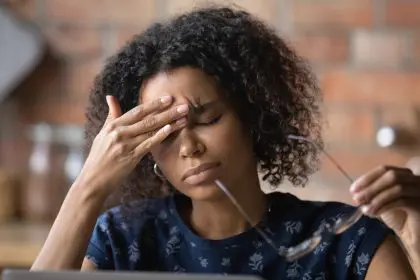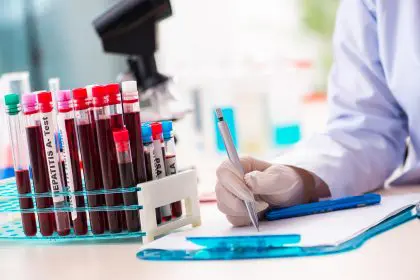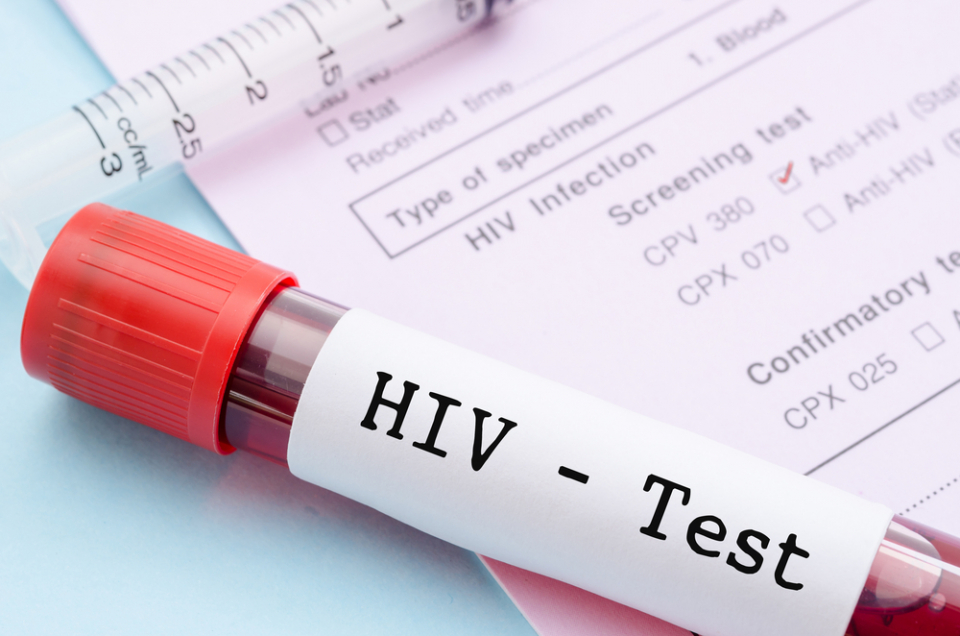
Calvin Tendai Pegus is the Health and Wellness Summer Intern at the National Black Justice Coalition (NBJC) through the Centers for Disease Control and Prevention (CDC) and Morehouse College’s Project IMHOTEP. He is also an advocate and health communicator. He encourages those within his community and beyond this National HIV Testing Day to know their status and get tested.
Here, he shares his perspective in an open letter:
“No longer can we sit by idle and continue to feel brokenhearted as our brothers, sisters and other family members are the spoils of war in this battle against HIV/AIDS.
“This year will mark the 35th anniversary of the alarming New York Times article that identified the first known cases of HIV/AIDS [then known as gay-related immune deficiency (GRID)]. I am 35 years old … the same age as the United States HIV/AIDS epidemic. As an adolescent, I remember the days of being babysat at my mother’s friend’s home, eating Kellogg’s cereal with heaps of sugar, enjoying my innocence. On one of those carefree days, I was exploring the mysteries of the closed doors and long hallways when I reached to open a particular room and was quickly told to ‘stay away.’ However, as an inquisitive child, I proceeded to open the door one evening and immediately was paralyzed by fear. Physically, I recognized that the guy laying in the bed was her son and that he had contracted this ‘gay cancer,’ but how? The media outlets and the adults around me explained it as the white gay man’s disease. I later overheard the adults discussing that he had AIDS, and it was not long after that he passed away. The stigma was established.
“The CDC states that in 2014, 44% of estimated new HIV diagnoses in the United States were among African Americans, who comprise only 12% of the U.S. population. In my community, gay and bisexual men account for a majority of new HIV diagnoses among African Americans, especially young men aged 13-24. I can no longer count how many of my friends and loved ones are either living with or no longer a part of my life due to HIV/AIDS. Thirty-five years after the initial outbreak of the HIV/AIDS crisis and the epidemic, it is still raging in Black communities.
“My role as NBJC’s Health and Wellness Summer Intern is to critically understand and analyze the initiatives that are being implemented in order to improve the overall health and wellness of Black LGBTQ/SGL communities. NBJC’s mission is to empower the Black LGBTQ/SGL community, and bridge the gaps between the movements for racial justice and LGBTQ/SGL equality. James Baldwin said it, eloquently, ‘… the intangible dreams of people have a tangible effect on the world,’ which I believe is at the core of advocacy. I will walk away understanding the factors that drive health disparities in my community, the importance of using culturally competent messages, and how to fit HIV testing within those parameters. As a rising leader, it requires that I have a better understanding of the health care utilization, HIV testing, and how I can enhance the distribution of HIV prevention to the most at-risk populations, specifically Black gay and bisexual men, and transgender women.
“My entry into Morehouse School of Medicine’s Master of Public Health program this fall will continue to help me attain knowledge of complex factors that drive health disparities affecting people of color. I plan on being an effective voice on how structural inequalities, and social and minority stressors, have attributed to the health disparities of minorities and marginalized Black LGBTQ/SGL communities. My work will also center on raising awareness around promoting HIV testing and effective treatment in the community.
“I remember reading a quote by W.E.B. Du Bois, who said that living as a Black person in society has ‘a sense of always looking at one’s self through the eyes of others, of measuring one’s soul by the tape of a world that looks on in amused contempt and pity.’ My call to action for Black LGBTQ/SGL people is for community solidarity. It is time that we dispel the narratives that we are a ‘hard to reach’ community. We have to be willing to accept responsibility for the welfare of our ‘sistas,’ ‘judys,’ ‘good good girlfriends,’ ‘my bois,’ brothers, sisters, mothers, and fathers in mobilizing each other to break the chains of this epidemic.”

